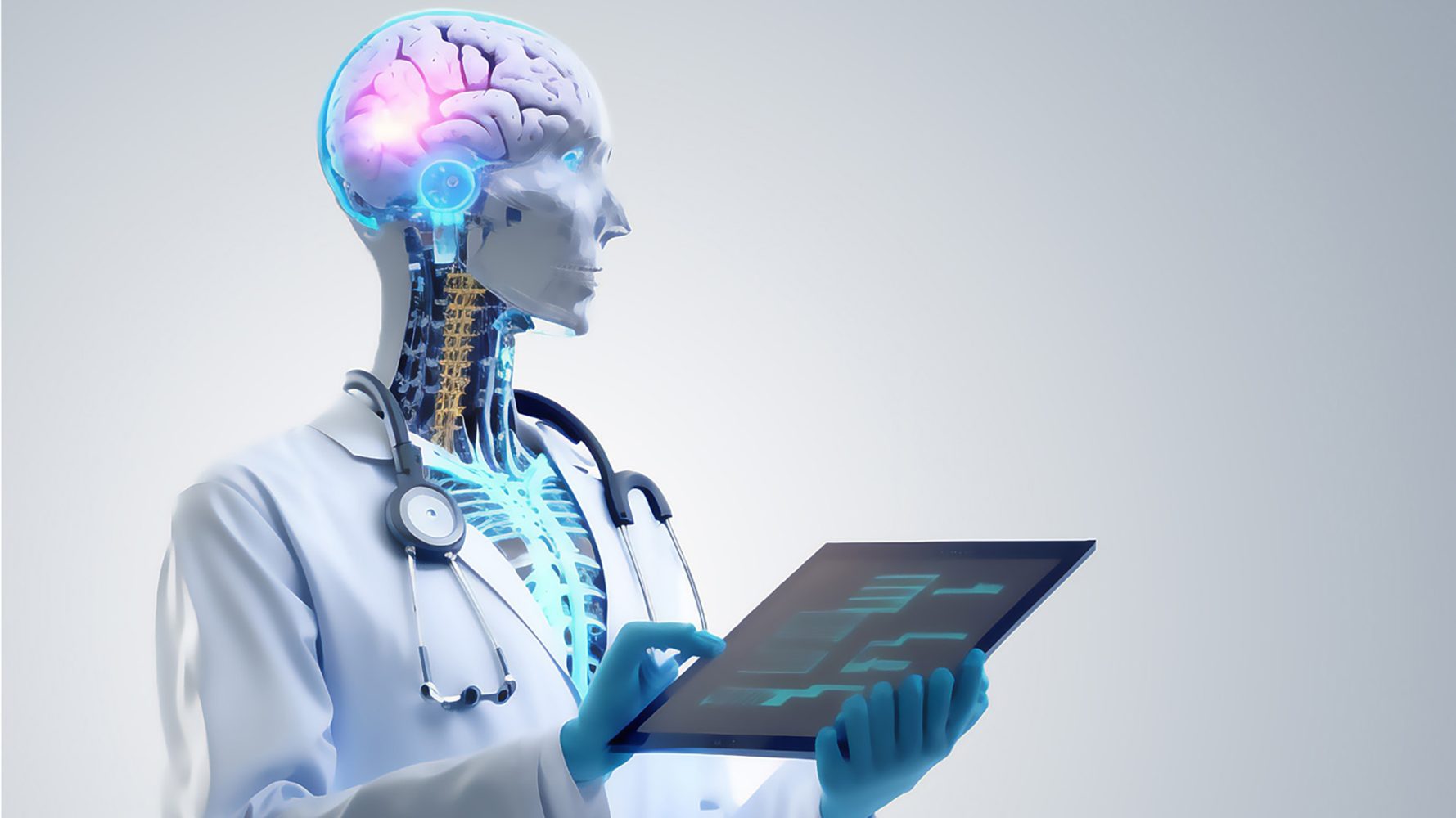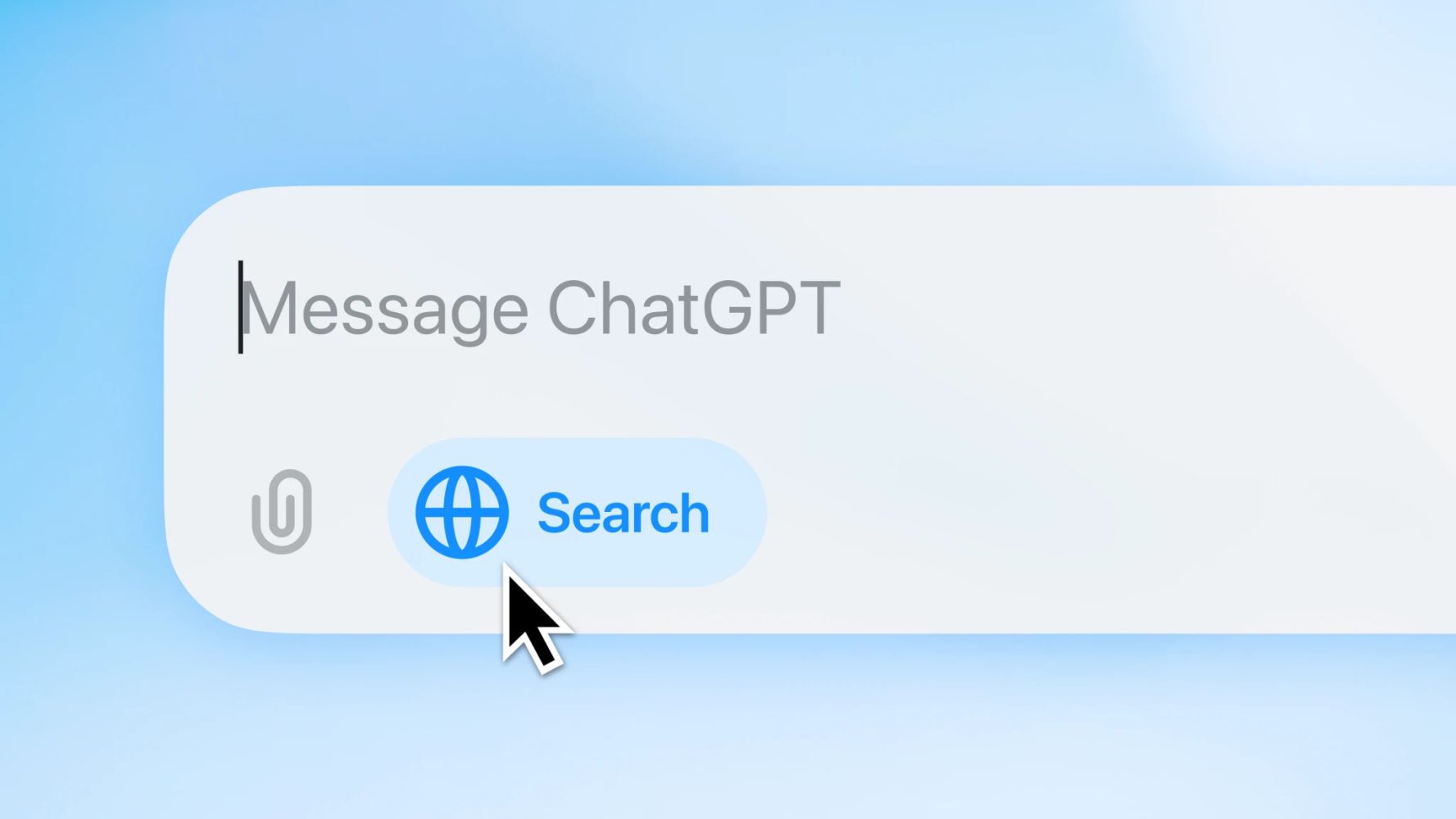Now Reading: New AI Detects Autism Through Hand Analysis
-
01
New AI Detects Autism Through Hand Analysis
New AI Detects Autism Through Hand Analysis

Fast Summary
- Researchers at York University trained AI to detect autism based on finger movements while grasping objects.
- the study analyzed the motion of 59 young adults using two sensors on their thumb and index finger as they picked up rectangular objects.
- AI models achieved detection accuracy of up to 89%, with average accuracy above 84%.
- Over a dozen motor control features, including finger speed and grip timing, were used for analysis.
- Findings indicate autism is associated with subtle differences in motor coordination beyond social and behavioral traits.
- Grasping behavior may provide a simpler option to costly brain scans or diagnostic interviews for autism detection.
- Current research is limited to young adults with average IQ; further studies are needed for request in children and other demographics.
Indian Opinion Analysis
AI-driven medical diagnostics continue to expand possibilities for healthcare worldwide. This cutting-edge research offers exciting perspectives by proposing a non-invasive, cost-effective method for identifying autism through everyday hand movements. While India has progressed significantly in leveraging technology within its healthcare systems, notably telemedicine platforms, integrating such AI-based advancements could magnify early diagnosis capabilities within pediatric settings.
However, practical implementation would face challenges such as ensuring high-quality motor sensors at scale and training clinicians within varied socio-economic contexts. Limited applicability-currently focused only on young adults-further highlights the need for adaptation across India’s highly diverse population groups. If successfully refined through global trials (including subtypes testing), this innovation could streamline support services where early intervention resources are scarce in India’s rural areas.
By staying observant yet optimistic about emerging technologies like this AI model, India can proactively assess relevance toward addressing gaps within its own healthcare ecosystem without dependence solely on conventional diagnostics.
























